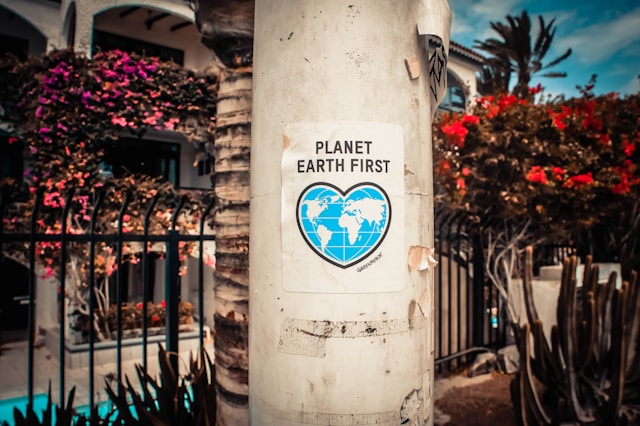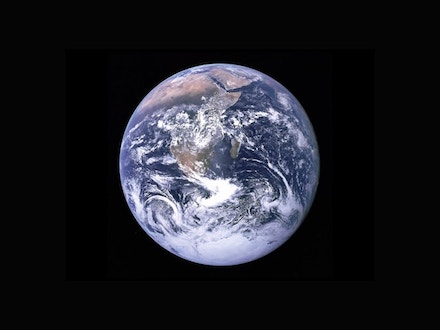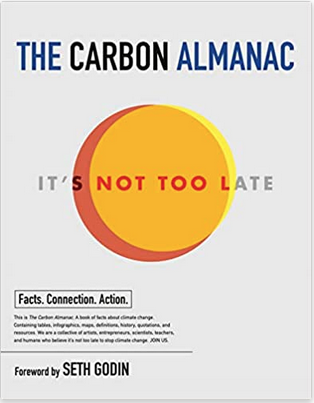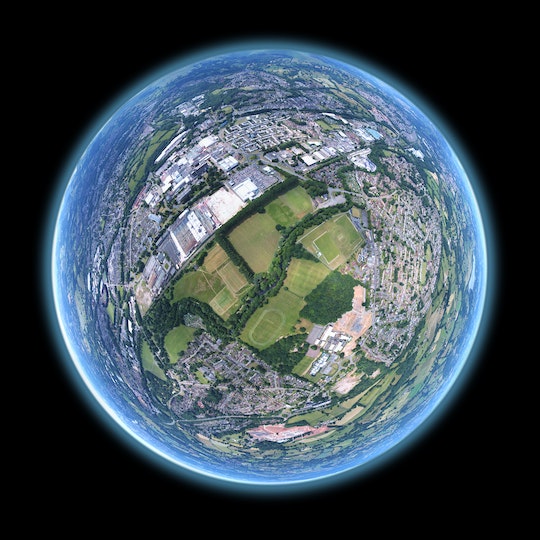“The ultimate test of man’s conscience may be his willingness to sacrifice something today for future generations whose words of thanks will not be heard.”
—Gaylord Nelson, Founder of Earth Day
Gaylord Nelson (1916-2005) was an American politician and environmentalist best known as the founder of Earth Day.
A pioneering advocate for environmental conservation, as Governor of Wisconsin he initiated the Outdoor Recreation Acquisition Program, which funded the purchase of over one million acres for parks and wildlife through a tax on cigarettes.
In the Senate, he championed landmark legislation such as the Wilderness Act, Clean Air Act, Clean Water Act, and bans on harmful substances like DDT.
The first Earth Day on April 22, 1970 mobilized 20 million Americans and marked the beginning of what is now called the “Environmental Decade” leading to numerous legislative reforms. Nelson believed that environmental protection was interconnected with social justice and economic prosperity.
EXERCISE:
In what ways do you and can you become a better steward of our beautiful and precious Earth? How are you making big and small sacrifices for the people you love and future generation?




